President deals UK biggest defeat in 60yrs
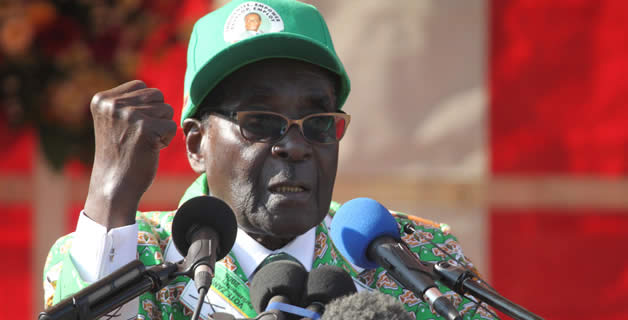
Hebert Zharare Political Editor
PRESIDENT Mugabe’s massive victory in the July 31 harmonised elections is the “biggest defeat” for the United Kingdom’s foreign policy in Africa for 60 years, veteran British journalist and executive director of the Royal African Society writer Richard Dowden has said.
In his article published in the British magazine, Prospect on September 18 entitled “Mugabe Won, Britain Lost,” Mr Dowden (71) said the British government and its ambassador in Harare Ms Deborah Bronnert and Foreign Secretary Mr William Hague were confident that MDC-T and Mr Morgan Tsvangirai would win, but were left shell-shocked by the scale of the MDC-T’s defeat.
“Both the British ambassador (Ms Bronnert) and the M16 head officer in Harare called it wrong. So confident the government was that the winner would be Morgan Tsvangirai, leader of the Movement for Democratic Change, that the Department for International Development (DFID) was already posting people to restart the aid programme and help the new government (MDC-T) rebuild the economy,” he said.
The DFID was also fingered in setting up parallel structures in former Prime Minister Mr Tsvangirai’s Office including some Britons like Andrew Chadwick, who were running some parallel structures.
Zanu-PF won 160 seats of the 210 contested seats in the harmonised elections with the MDC-T winning a paltry 49 while one seat was won by an independent.
With the inclusion of seats from proportional representation Zanu-PF has 197 of the 270 National Assembly seats, the MDC-T 70 while the Welshman Ncube-led MDC formation has two.
President Mugabe trounced his MDC-T opponent Mr Morgan Tsvangirai after he garnered 61,09 percent of the vote, compared to the opposition leader’s 33,94 percent in polls endorsed by Sadc, the African Union, Comesa, the African Caribbean Pacific countries and the UN, among others, as a credible expression of the will of Zimbabweans.
Mr Dowden, who admitted the elections were held in a free and fair environment, said the British were bitter when Mr Tsvangirai withdrew his election petition challenging President Mugabe’s victory from the Constitutional Court due to lack of evidence without consulting them.
“This time the election was peaceful but the MDC was overconfident and lacklustre. Party members thought they had only to turn up to win.
“But the party had suffered a breakaway by Welshman Ncube (MDC leader), a veteran opponent of (President) Mugabe, and when Arthur Mutambara (former DPM), a scientist turned politician, split from Ncube’s new party, the field of candidates widened. The defections split the opposition just enough to give Zanu-PF a chance.
“Meanwhile, (President) Mugabe’s Zanu-PF worked hard and at first, they listened to the people, appointed popular local candidates and did not rely on violence or the threat of violence to win support,” he said.
Mr Dowden repeated what the remnants of the Rhodesian elements in the MDC-T, among them treasurer-general and fugitive of the law Mr Roy Bennett, Mr Iain Kay, defeated in Marondera, Mr Eddie Cross (Bulawayo South MP) and former farmer Ben Freeth have been saying that Mr Tsvangirai was a “spent force” and should quit.
Mr Dowden chronicled the history of Britain and Zimbabwe relations that culminated in the fast-track land reform programme.
He said Zimbabweans dumped Mr Tsvangirai after it had become clear that he was an appendage of the British Government.
“The Labour Government supported regime change and the MDC and its leader, Morgan Tsvangirai. The first time I met him at Westminister Tsvangirai was the only black in the room. His aides were mainly white Zimbabweans. This is not a criticism of Tsvangirai.
“He was an authentic and brave opposition leader, but he allowed himself to be accompanied everywhere by former Rhodesians and others who had supported the illegal Ian Smith regime,” he said.
The MDC was supported by racist Zimbabwe Democracy Trust that was funded by some wealth British companies that have huge economic interests in Zimbabwe.
Some influential people in Britain started seeing MDC-T crumbling way before the elections and some major newspapers in Britain and America, among them The New York Times, The Guardian, Reuters and CNN ran columns and bulletins predicting a Zanu-PF victory.

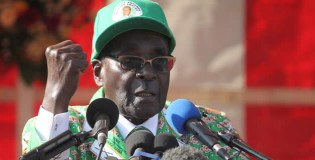
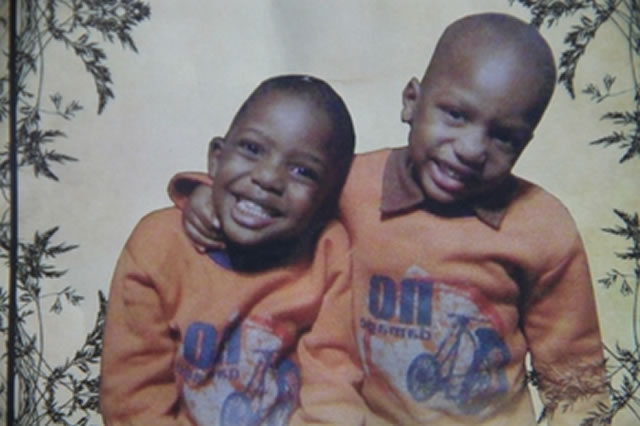
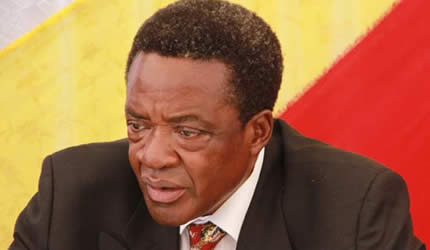

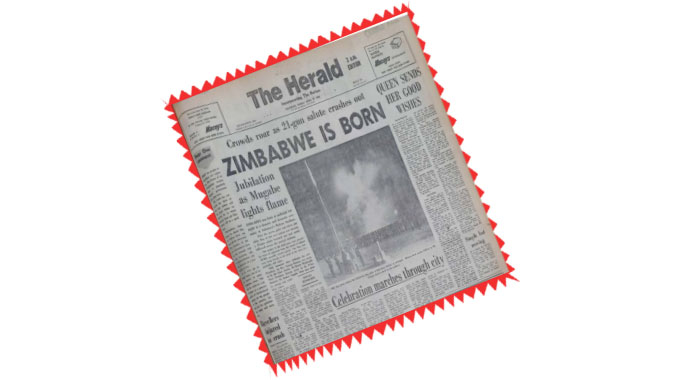
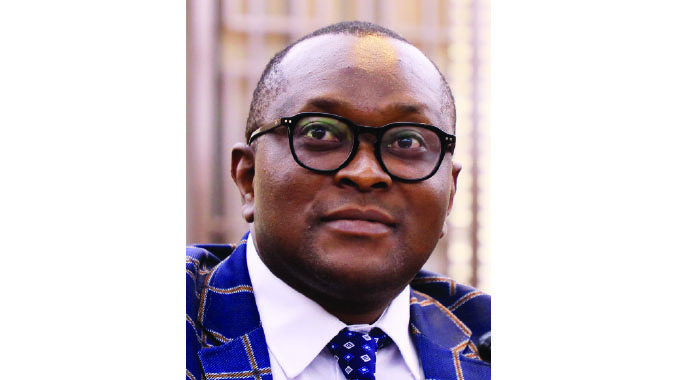

Comments